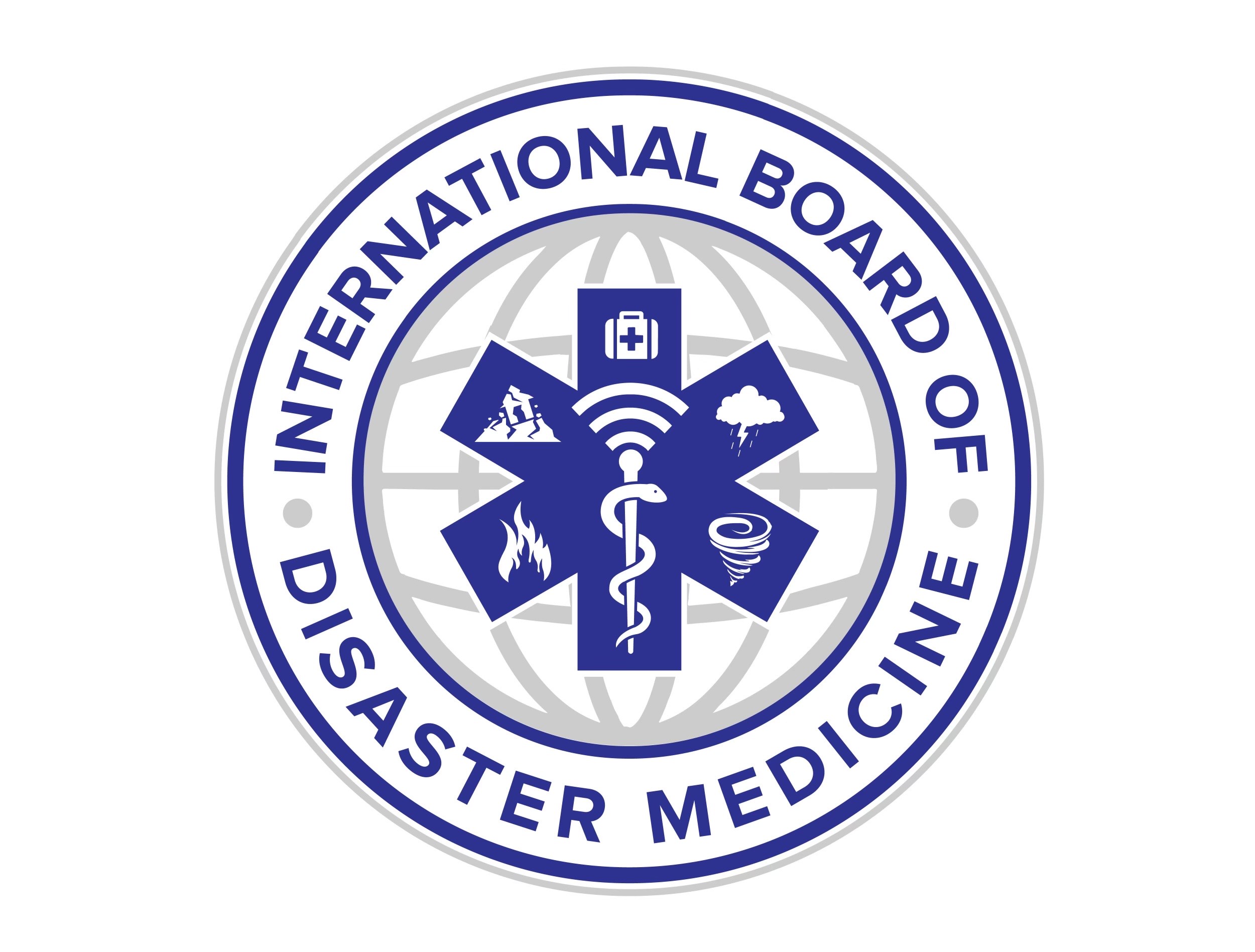Lynchburg Journal of Medical Science
Specialty
Psychiatry and Addiction Medicine
Abstract
Co-occurring mental health and substance use disorders affect millions of American adults, with opioid use disorder (OUD) being a significant concern. Methadone Maintenance Treatment (MMT) is widely used for OUD, but both methadone and several psychotropic medications increase the risk of QTc prolongation, a precursor to life-threatening arrhythmias such as Torsades de pointes (TdP). Despite the potential risks, there are no definitive guidelines for EKG monitoring in individuals prescribed both methadone and psychotropics, leaving clinicians with an ethical dilemma regarding treatment decisions. This article reviews recent literature on the risk factors for QTc prolongation, focusing on the combined impact of methadone and psychotropic use. It also examines the evidence for EKG monitoring in this patient population and provides suggestions for evidence-based guidelines. While many patients on methadone have co-occurring mental health conditions requiring psychotropics, the additive effect of these medications on QTc prolongation is not fully understood. As such, individualized patient risk stratification is crucial in balancing the benefits of methadone treatment for OUD with the potential risks of arrhythmias. The article emphasizes the need for more robust research to establish the incidence of TdP in individuals taking QTc-prolonging medications to help inform clinical decision-making and ensure safer prescribing practices.
Recommended Citation
Rowland, Christine A.
(2025)
"Does Combining Methadone with Psychotropics Further Increase the Risk of QTc Prolongation? Considerations for EKG monitoring.,"
Lynchburg Journal of Medical Science: Vol. 1:
Iss.
1, Article 7.
DOI: https://doi.org/10.63932/3067-7106.1008
Available at:
https://digitalshowcase.lynchburg.edu/jms/vol1/iss1/7






